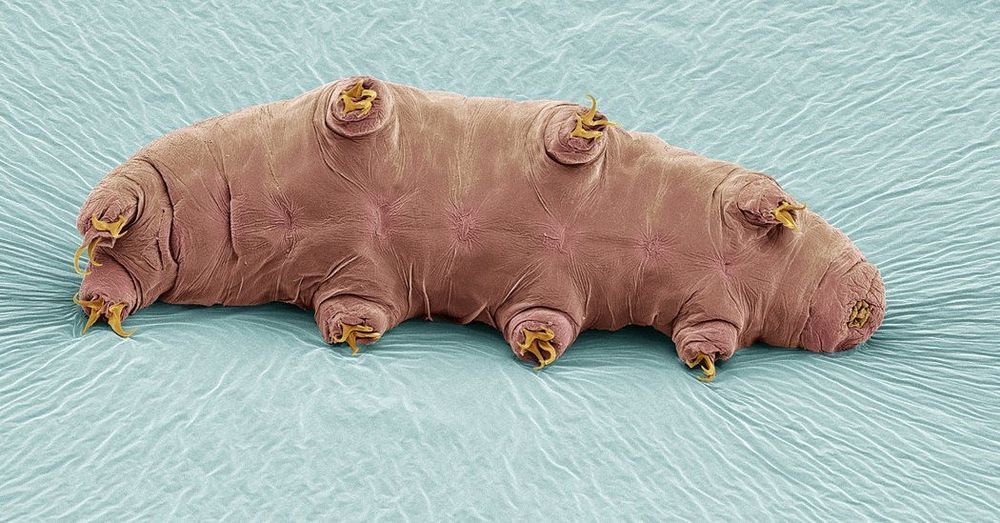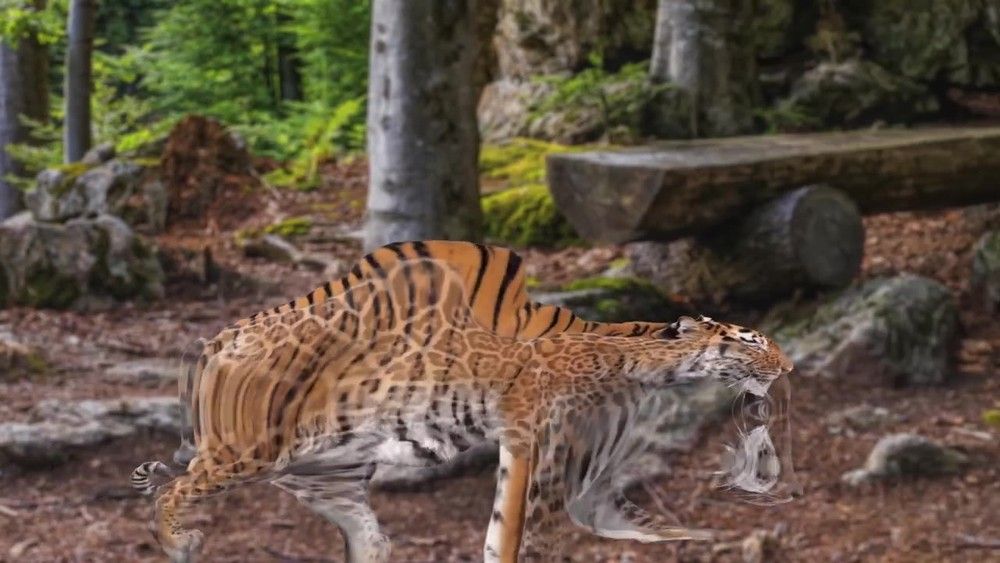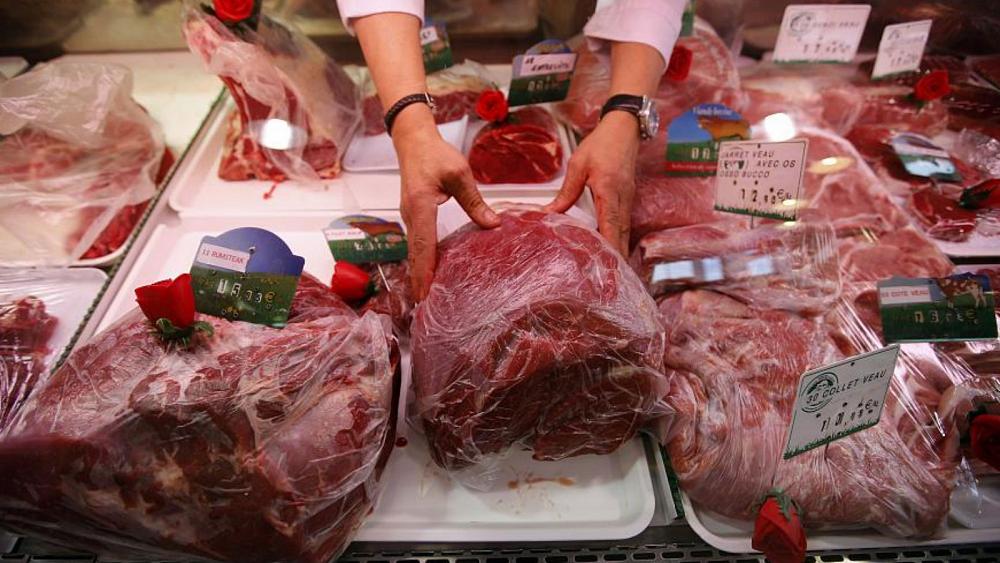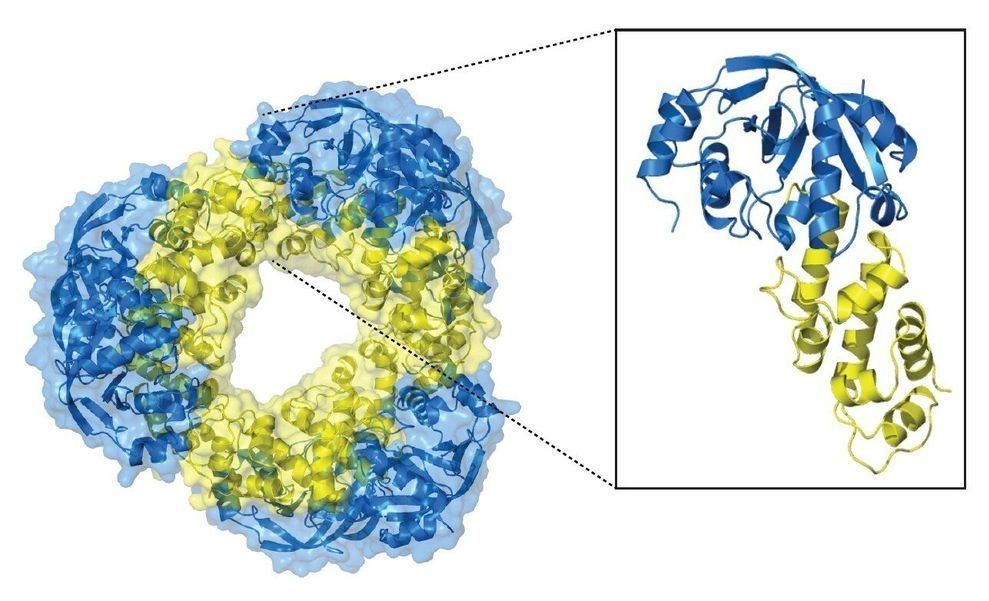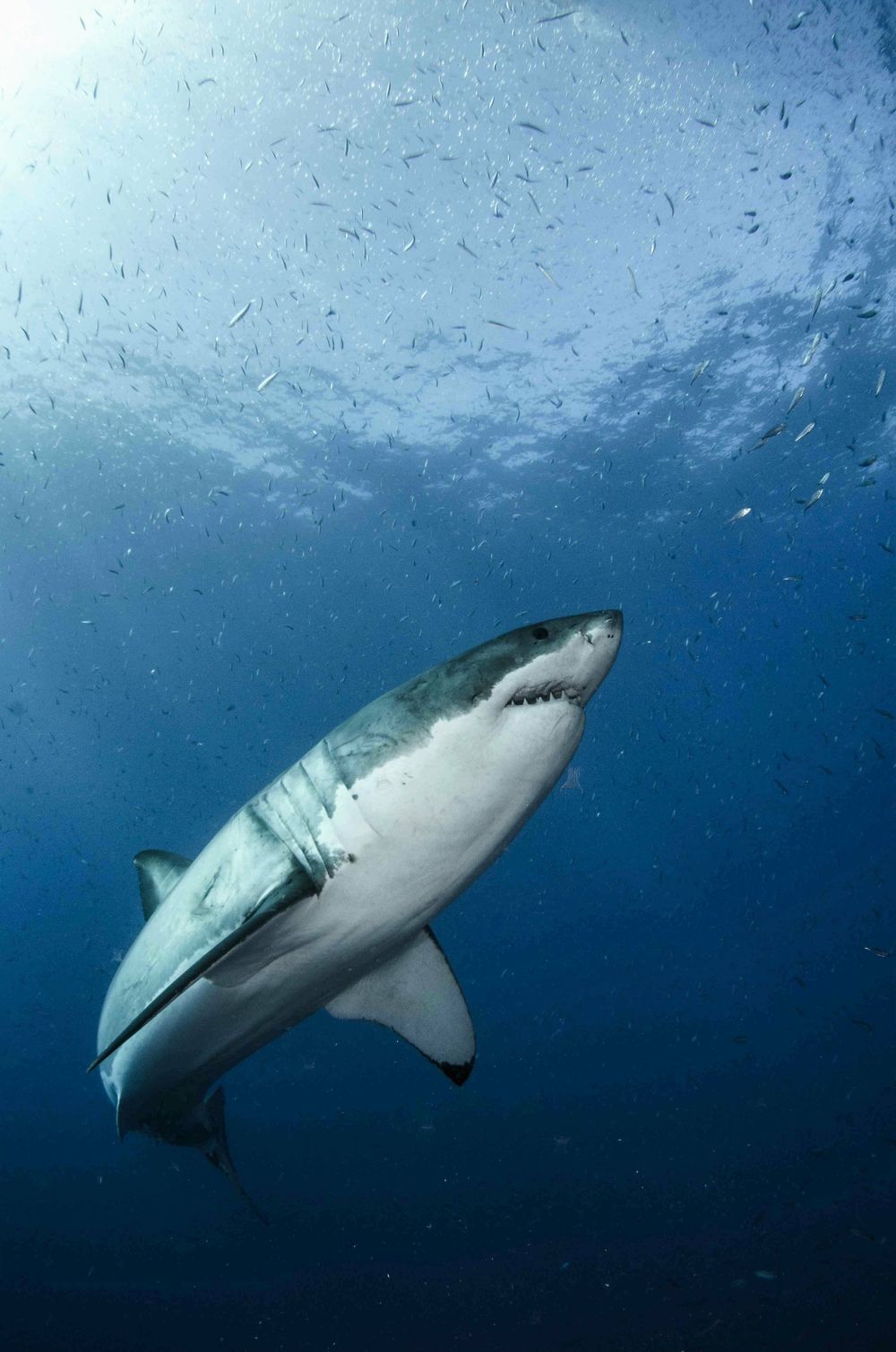Feb 19, 2019
Searching Tardigrades for Lifesaving Secrets
Posted by Quinn Sena in categories: biotech/medical, space
There are many instances in medicine when it would be helpful to stop, or greatly slow down, time. Doing so could spare a limb from amputation, prevent paralysis after a stroke or save your life following a heart attack.
Across the tree of life, there are many organisms that can essentially cheat time by decelerating their biology. Chief among them is the tardigrade, a creature no bigger than a speck of sand that can survive severe temperatures and pressures, outer space and all sorts of apocalyptic scenarios by entering a dormant state called anhydrobiosis.
A team at Harvard Medical School is studying tardigrades in hopes of finding medical treatments that halt tissue damage. In particular, the scientists are drawing inspiration from special proteins suspected to help tardigrades achieve suspended animation. They aim to synthesize a version of these proteins that can enter human cells and pause processes leading to cell death.
Continue reading “Searching Tardigrades for Lifesaving Secrets” »
